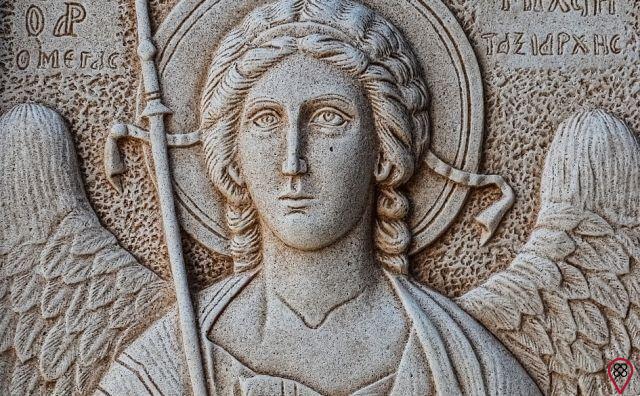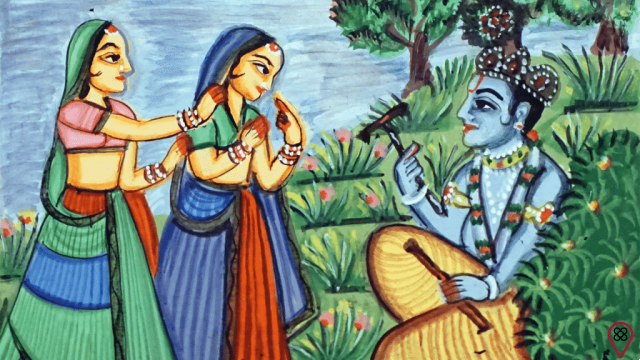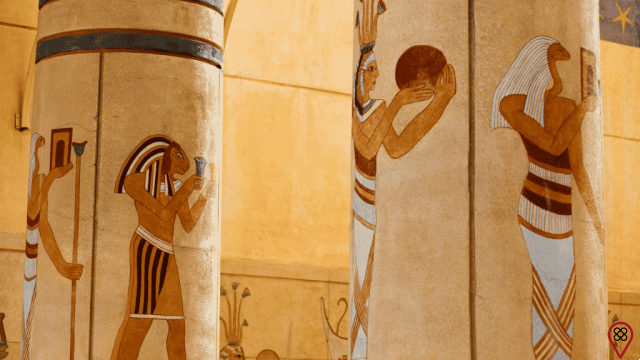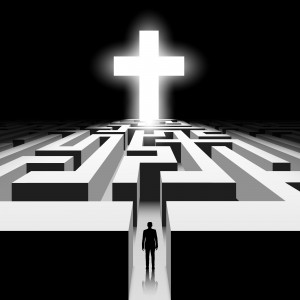When we talk about Islam and the faith of Muslims, we cannot fail to take into account the figure of Mohammed, the great leader and founder of this religion that has millions of adherents around the world, especially in the Middle East. Abū al-Qāsim Muḥammad ibn ʿAbd Allāh ibn ʿAbd al-Muṭṭalib ibn Hāshim, better known as Muhammad, was born on April 6, 570 CE in the city of Mecca, Arabia (present-day Saudi Arabia).
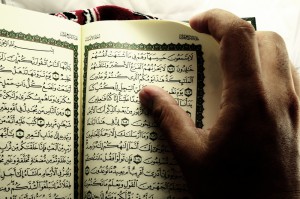 For Muslims, he was preceded in his role as prophet by Jesus, Moses, David, Jacob, Isaac, Ishmael, and Abraham. As a political figure, he unified several Arab tribes, which allowed the Arab conquests of what would become an Islamic empire that stretched from Persia to the Iberian Peninsula. At the age of 40, Muhammad was reportedly visited by the angel Gabriel who ordered him to recite the verses sent by God, and communicated that God had chosen him as the last prophet sent to humanity. Muhammad listened to the angel's message and, after his death, these verses were collected and integrated into the Quran, the holy book of Islam, just as the Bible is for Christians and the Torah for Jews.
For Muslims, he was preceded in his role as prophet by Jesus, Moses, David, Jacob, Isaac, Ishmael, and Abraham. As a political figure, he unified several Arab tribes, which allowed the Arab conquests of what would become an Islamic empire that stretched from Persia to the Iberian Peninsula. At the age of 40, Muhammad was reportedly visited by the angel Gabriel who ordered him to recite the verses sent by God, and communicated that God had chosen him as the last prophet sent to humanity. Muhammad listened to the angel's message and, after his death, these verses were collected and integrated into the Quran, the holy book of Islam, just as the Bible is for Christians and the Torah for Jews.
Muhammad preached devotion to one God (Allah), fought infanticide, and advocated the division of land between the rich and the poor, against the ruling class of Mecca. After being persecuted, he had to move to Medina, returning two years later and rising as a political leader. It is worth noting that at that time, Arab society was divided into tribes and clans, where Muhammad played a vital role in creating national unity through religion, helping to position the Arab nation culturally and scientifically 200 years later.
Devotion to his person has been expressed over the centuries in the most varied ways, such as through the writing of poems. Visual representations of the prophet may eventually be prohibited and considered insulting. Recently, the attack on the magazine Charlie Hebdo would have as one of the motivations the representations made of Mohammed in the publications, which were the result of satire and the indignation of many Muslims.
Both Christianity, Judaism and Islam have a series of rules and habits considered ideal and/or disrespectful. Seen from an external perspective, it may seem absurd, but respect is essential for peaceful coexistence. When addressing the motivations of conflicts for current disagreements, in addition to being a historical inaccuracy, a series of mutual oppressions over the centuries is also ignored. Before having a formed position on these issues, there is a need for knowledge about the views of practitioners and non-practitioners of this religion that generates many opinions and little information about our western world.
Text written by Diego Rennan from the Eu Sem Fronteiras Team



